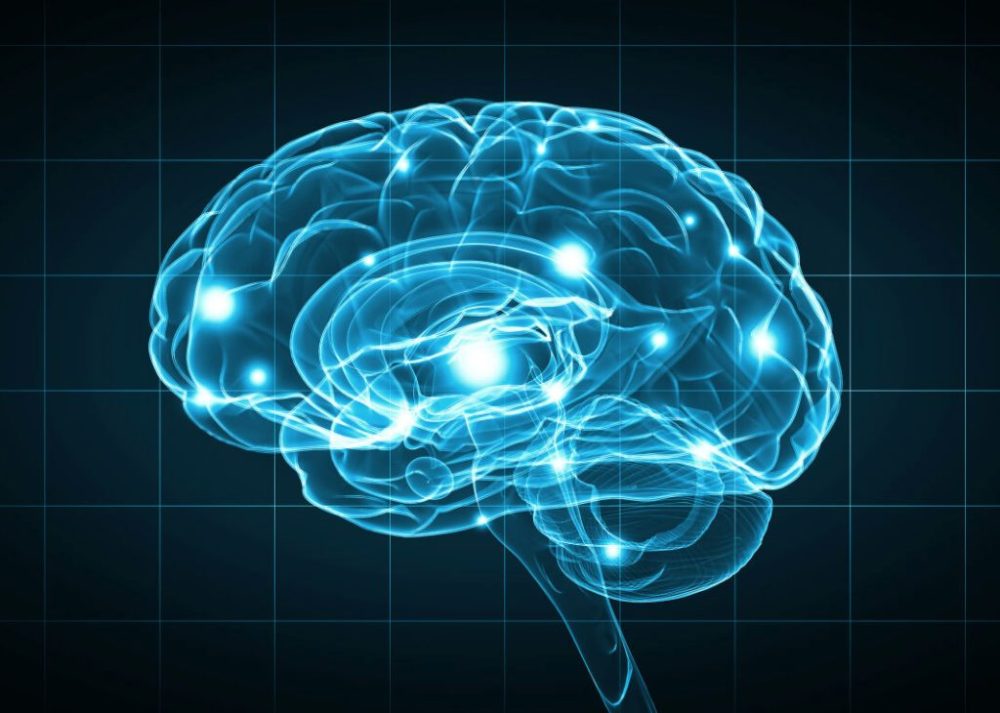
This summary is provided by the IPR Behavioral Insights Research Center
Dr. Xing Zhang examined how stories and memories of past crises, like SARS, are discussed on social media when a new crisis happens. This study examined crisis memory (memories which influence how people think, feel, and act when dealing with new crises) in the context of COVID-19.
An online survey of 745 Chinese adults was conducted in February 2021 when the Omicron variant had sparked a new wave of COVID-19 outbreaks across China.
Key findings include:
1.) Crisis memory narratives of SARS did not directly impact people’s behavioral responses (their intentions to support certain actions) during the COVID-19 public health crisis.
— While these narratives didn’t directly affect behavior, they affected how people thought and felt about the current crisis.
2.) Different types of crisis memory narratives had varying effects on emotions.
— Narratives of heroism, nationalism, and identity induced more positive emotions.
— Narratives of trauma and criticism induced more negative emotions
3.) Compared to narratives of trauma and nationalism, heroism narratives increased the sense of government control and decreased perceived threats.
Read the full report here.



